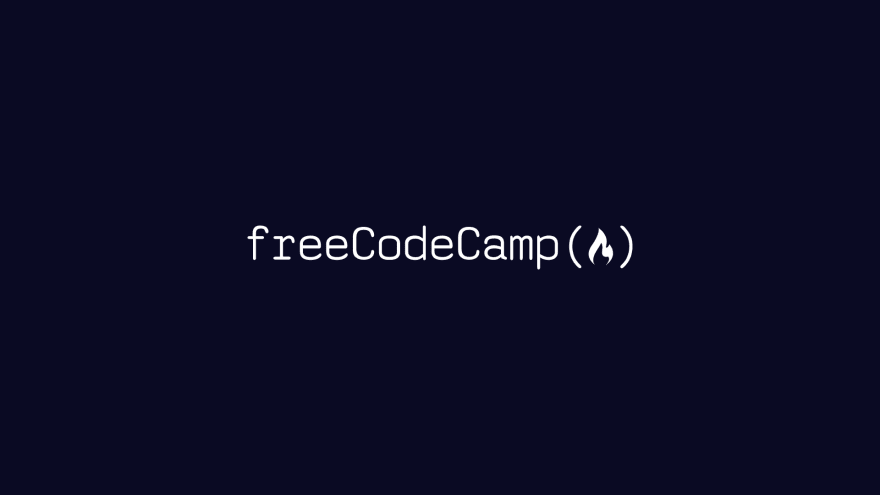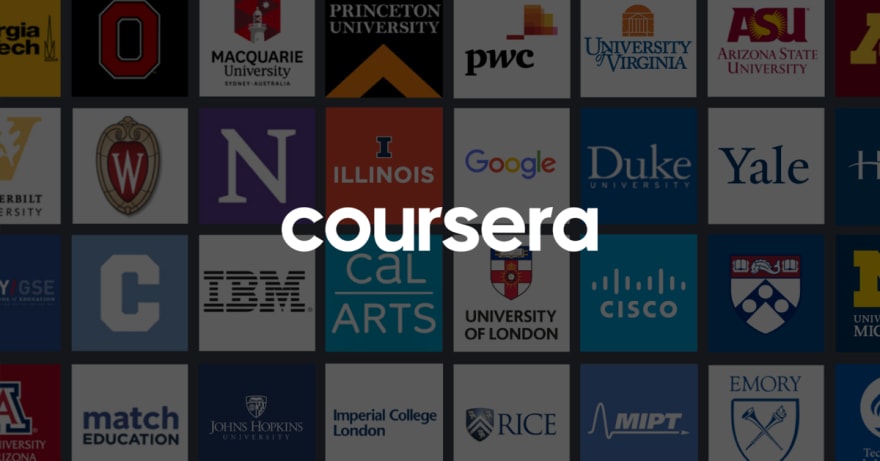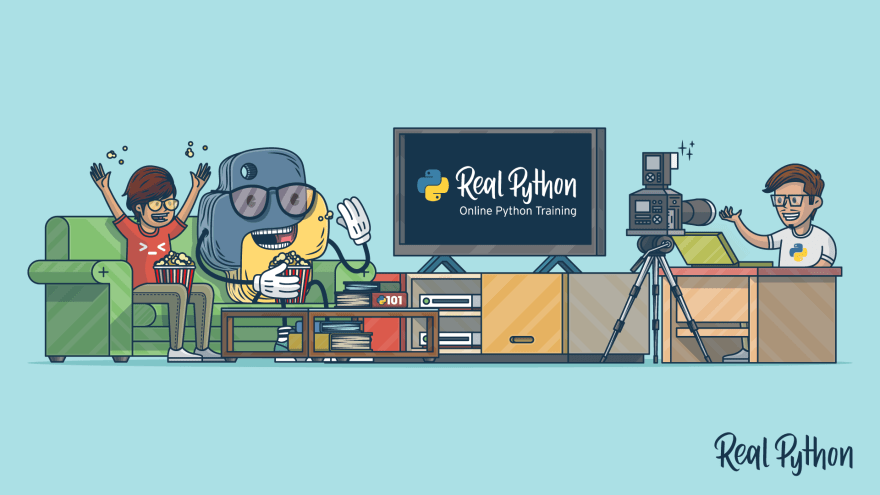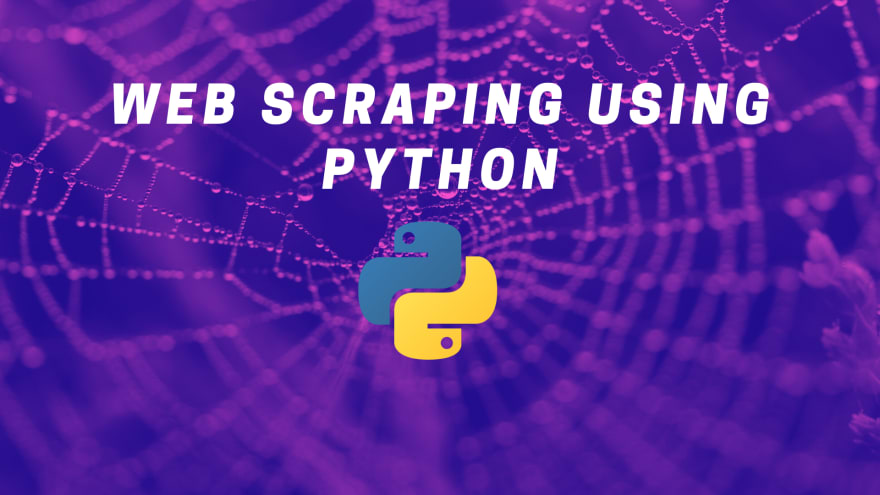So, first let's get it clear that why you should consider learning python in 2021. Here are some of the points which I think will help you consider learning python:
- Python is Open Source making it free to use
- Python is the programming language that is growing the fastest.
- Easy to Learn all thanks to it's simple syntax and english like commands.
- Large User base and Large amount of available modules.
- Python has wide range of applications such as:
- Machine Learning.
- Data Science.
- Game Development.
- Web Development.
- Aritificial Intelligence.
- Big Data.
- Everyone's using it and it's in demand.
Here is a list of companies that use python:
- Spotify
- Quora
- Netflix
- Dropbox
Now this getting out of the way, Let's checkout some of the websites and courses that you can use to learn python.
FreeCodeCamp:
One of the best website to learn to code.
freeCodeCamp
1. Python for Everybody
Python for everybody is a free video course series that teaches the basics of using Python 3.
The courses were created by Dr. Charles Severance (also known as Dr. Chuck). He is a Clinical Professor at the University of Michigan School of Information, where he teaches various technology-oriented courses including programming, database,design, and web development.
Link for this course
2. Learn to Program by Building Projects:
Coding a project is a great way to improve your Python skills.
But why stop at one project? Why not go for an even dozen?
Apart from these there are a ton of courses and posts which you can refer at freecodecamp.
Coursera:
I know Coursera is a paid platform but you do get some of the courses for free and apart from this you can always audit the courses to learn from them for free.
Now what do I mean bu auditing the course it simply means that you can access the video lectures and stuff but you'll not be getting the course completion certificate.
1. Crash Course on Python By Google
This is one of the best and well structured course for absolute beginner's in python. The Instructors are very good I mean you can learn from people who work at Google.
Also the final milestone project is very fun to do.
Google Python Crash Course
2. Python 3 Programming:
A. Python Basics:
This is a begginer friendly course for everyone and is part of
the python 3 programming specialisation.
This course introduces the basics of Python 3, including conditional execution and iteration as control structures, and strings and lists as data structures. You'll program an on-screen Turtle to draw pretty pictures. You'll also learn to draw reference diagrams as a way to reason about program executions, which will help to build up your debugging skills. The course has no prerequisites. It will cover Chapters 1-9 of the textbook "Fundamentals of Python Programming," which is the accompanying text (optional and free) for this course.
link for the course
B. Python Functions, Files and Dictionaries:
This is the second course of the python 3 programming specialisation.
This course introduces the dictionary data structure and user-defined functions. You’ll learn about local and global variables, optional and keyword parameter-passing, named functions and lambda expressions. You’ll also learn about Python’s sorted function and how to control the order in which it sorts by passing in another function as an input. For your final project, you’ll read in simulated social media data from a file, compute sentiment scores, and write out .csv files. It covers chapters 10-16 of the textbook “Fundamentals of Python Programming,” which is the accompanying text (optional and free) for this course.
Link
C. Data Processing in Python:
This course teaches you to fetch and process data from services on the Internet. It covers Python list comprehensions and provides opportunities to practice extracting from and processing deeply nested data. You'll also learn how to use the Python requests module to interact with REST APIs and what to look for in documentation of those APIs. For the final project, you will construct a “tag recommender” for the flickr photo sharing site.
Link
D. Python Classes and Inheritence:
This course introduces classes, instances, and inheritance. You will learn how to use classes to represent data in concise and natural ways. You'll also learn how to override built-in methods and how to create "inherited" classes that reuse functionality. You'll also learn about how to design classes. Finally, you will be introduced to the good programming habit of writing automated tests for their own code.
Link
E. Python Project: pillow, tesseract, and opencv:
This is the final project of the Python3 Programming Specialisation.
This course will walk you through a hands-on project suitable for a portfolio. You will be introduced to third-party APIs and will be shown how to manipulate images using the Python imaging library (pillow), how to apply optical character recognition to images to recognize text (tesseract and py-tesseract), and how to identify faces in images using the popular opencv library. By the end of the course you will have worked with three different libraries available for Python 3 to create a real-world data-analysis project.
Link
Similar to Cousera you can learn for free by auditing these courses. These Cousrses are taught by Hravard and MIT and many more leading Universities.
Take real college Python programming courses from Harvard, MIT, and more of the world's leading universities. Become familiar with the basics of python including python syntax, conditionals, and much more. Learn python from the fundamentals to advanced subjects and topics now!
Link
If you want to learn some crazy tricks and make Real World applications in Python then look now where else, This website will surely help you with that.
From Discord Bots to Machine Learning, Deep Learning you can easily find here.
Link
Python is a beautiful language to code in. This is because it has got a great package ecosystem, much less noise (characters) than a typical program in a different language, and is super easy to use.
Python is used for a number of things - from data analysis to server programming. However, there's another interesting use-case of Python - Web Scraping. In this classroom, we will cover how to use Python for web scraping with a complete hands-on classroom guide as we proceed.
*We will cover performing requests with requests package.
*We will install and configure BeautifulSoup package.
*We will extract data from a test site using bs4.
*We will also create a CSV in the last lab of extracted data.
Link
Apart from these there are ample of free resources such as booksn hands on labs, and many more available to learn python for free.
I hope this will help those who want to learn but don't know where !!













Top comments (0)